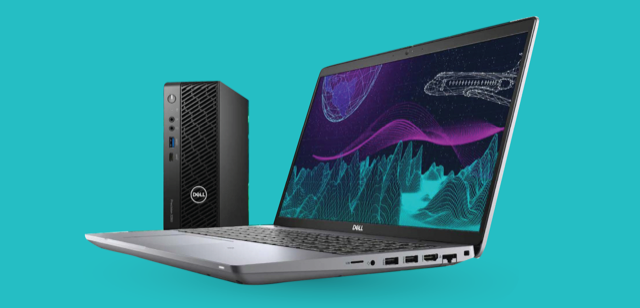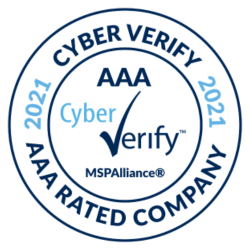The “as-a-Service” models – designed for device lifecycle management – are a growing trend in the computing service business in part due to the success that software vendors like Microsoft and Intuit have had with Software as a Service (Saas). The concept has exploded and been applied to everything from Infrastructure (IaaS) to Platform (PaaS) to Security as a Service (SECaaS). In this blog, we will cover PC (Personal Computer) as a Service or PCaaS – sometimes more broadly referred to as Hardware as a Service (HaaS) – what this service is, how to evaluate the value, and how to choose the right vendor.
What is PCaaS?
PCaaS can be defined as the hardware and services required to provide a PC to every end user for one monthly price without any upfront investment. With this investment, either your vendor or your Managed Service Provider (MSP) should provide the computers to your organization ready to go – with all the necessary accessories, any applications specific to your organization already installed, and each user setup in advance so that they can start working immediately upon deployment of the equipment. A schedule for the replacement of the equipment should also be defined and communicated upfront so that you are aware of the recommended lifecycle.
What is the Value?
Predictability & Flexibility
What is the value of this service? The most obvious one is predictable monthly pricing. Most organizations do not always have a lot of capital available and so replacing equipment often gets moved down the list of priorities. If PCaaS is factored into your budgeting process, it becomes an operating expense which eliminates the time spent ordering and replacing equipment. It also provides flexibility to easily add new staff members without always having the additional upfront expense of new equipment for them.
Improved Productivity
The old adage “If it ain’t broke, don’t’ fix it,” is often uttered by business owners. The problem with this mentality in today’s modern work environment is that older equipment that is not performing optimally results in lower productivity from your employees. Most business owners will tell you that their number one cost today is salaries. Maximizing your employees’ productivity can drastically impact your margins. When was the last time that you had someone tell you that they were having problems or were dealing with slow equipment? How much longer did it take them to complete their assigned task? Multiply that by the number of times per day that they do that task, and it adds up. Since the bulk of work today is done on a computer, having it operate efficiently is critical for productivity.
Fewer Support Calls
Another major benefit related to fewer PC issues is that the amount of IT service required is minimized. With PCaaS, you will have new equipment on a regular interval resulting in fewer support calls to your IT staff or service provider helpdesk. Regardless of whether you have internal IT support or a Managed Service Provider (MSP), they will both tell you that they would rather be working on strategic initiatives than supporting aging and poor performing equipment. The time spent repairing or maintaining older equipment can drastically increase your IT service costs. If this time is reduced, your staff or MSP can be reallocated to strategic new projects that add value to your company.
How to Choose the Right Vendor
It seems that every manufacturer, vendor, and even online retailers are getting into the PCaaS business. When choosing a vendor for your PCaaS, cost should not be the primary factor. The larger vendors will often be cheaper but remember that a key part of the service is the installation and support. These larger companies will often outsource the installation to a third party or use offshore resources that know nothing about your organization, have a language barrier, and/or take a lot of your staff resources to get the deployment portion completed. Your local Managed Service Provider already knows your organization, provides helpdesk support, and is best positioned to provide this service with minimal time from your internal resources or impact on your operations.
Conclusion
In 2020, the PCaaS market was 21.5 billion and estimated to be 176 billion by 2026 (Source: Mordor Intelligence). If you need help evaluating PCaaS for your organization, and/or are considering hiring an MSP, please feel free to reach out to us here at Spera Partners. In future blogs, I will explore other “as-a-Service” offerings to help you evaluate if they would be a fit for your company’s overall strategy.
Brian Hess, President
Spera Partners
Learn more about our Hardware Services at https://sperapartners.com/hardware-sales/














